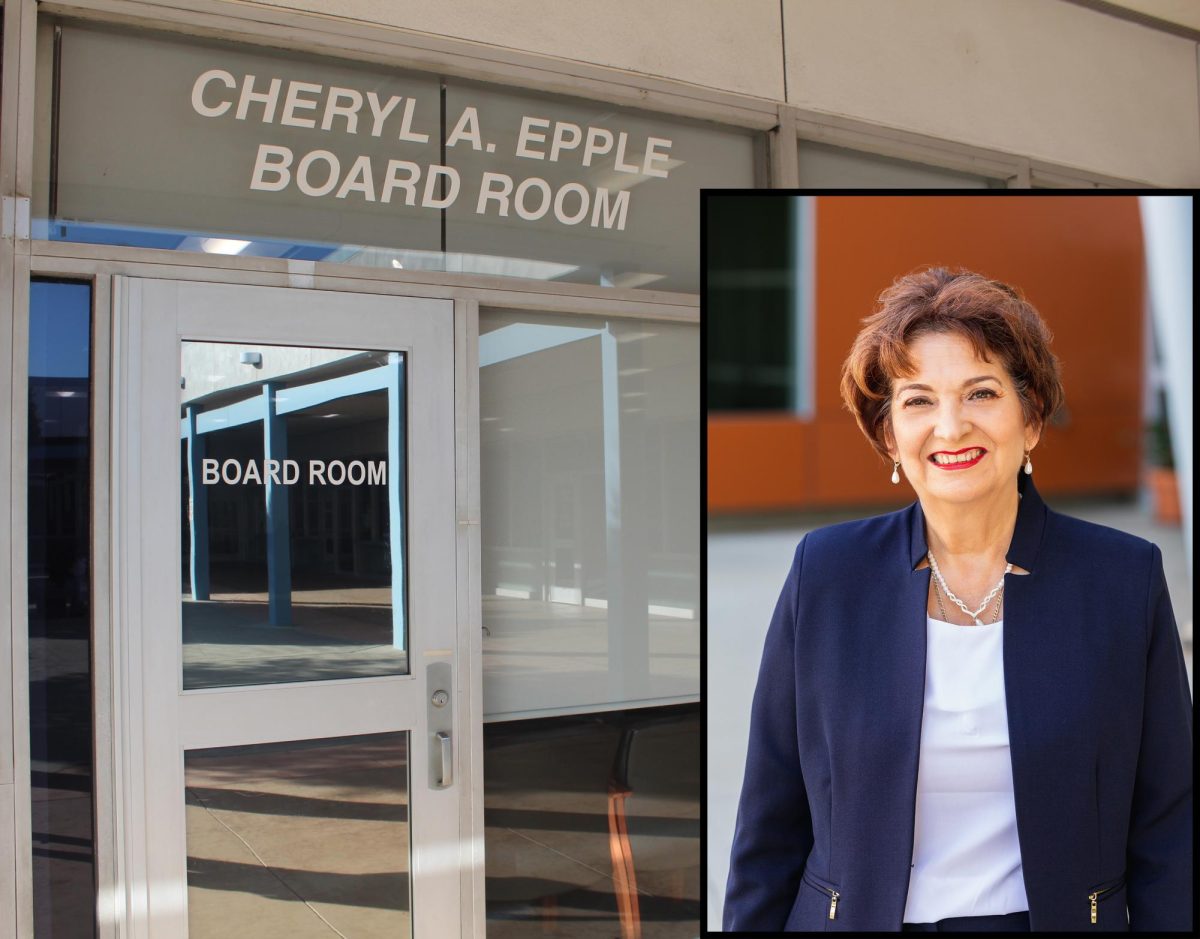Members of the Cerritos College Faculty Senate discussed cuts to the upcoming summer session during its meeting on Tuesday.
Economics professor Solomon Namala gave a presentation to begin the discussion in which he stated that “The district’s finances are sound” and that the school has been “fiscally prudent.”
Namala used numbers from the adopted Cerritos College’s adopted 2010-11 budget to categorize some of the school’s expenses.
The numbers included ending balances for the General Restricted Fund ($11.7 million), Capital Outlay Fund ($19.1 million) and the Retiree Health Benefit Fund ($3.3 million).
“The college is fiscally sound, but it does have a cash flow problem,” he said, referring to the state government’s system of apportionment and deferrals of funds.
Political Science Professor Victor Obasohan and History Professor Walter Fernandez both voiced their opinions regarding the cuts, which would further limit course offerings for students.
“I would like to see the whole summer saved primarily for our students,” Fernandez said, “If there was a way we could offer a full complement of summer classes, I would like for us to pursue that.”
Obasohan told the senate that he did not believe that cutting summer classes was a definite to the school’s financial woes.
He said, “It appears to me that if we were to capture this in a slogan, it would probably say, ‘We are a solvent, not a liquid.’
“If the state cannot pay us now, they will pay us (at a later time). We are in a very ground financial ship.”
He later said, “The argument was to say, ‘if we are in that kind of financial footing, why can’t you offer a full complement of summer classes as it was originally designed?”
Cerritos College President Linda Lacy explained the reason behind the state government’s requiring of cuts to community colleges.
“Workload reduction is the first thing they (the state government) are trying to hammer us with. We’ve always done more with less and now, they’re saying, ‘this is what we’re going to pay you for, and as long as you keep telling the public you can do more with less, then that’s what you’re going to get,'” Lacy said.
After the meeting, Obasohan said, “What we wanted to do is encourage both sides to go back and see if there can be a financial accommodation to protect academic programs and open up more classes for students.
“We have an opportunity now, the money is there and we are very solvent,” he said.







